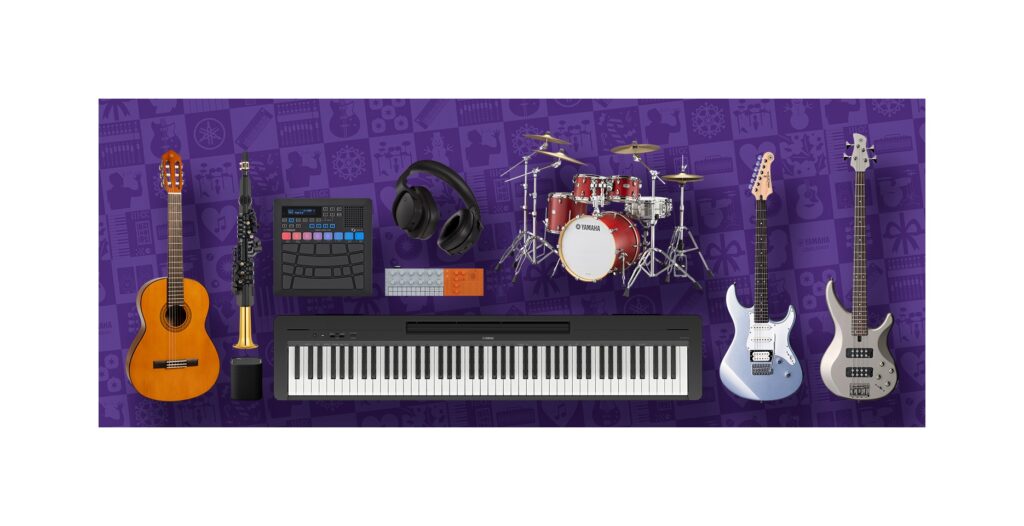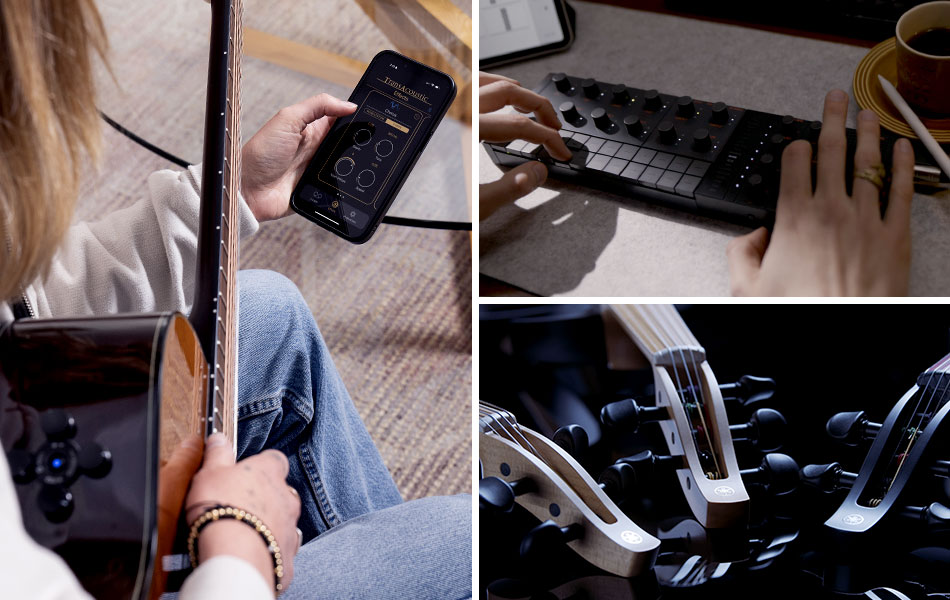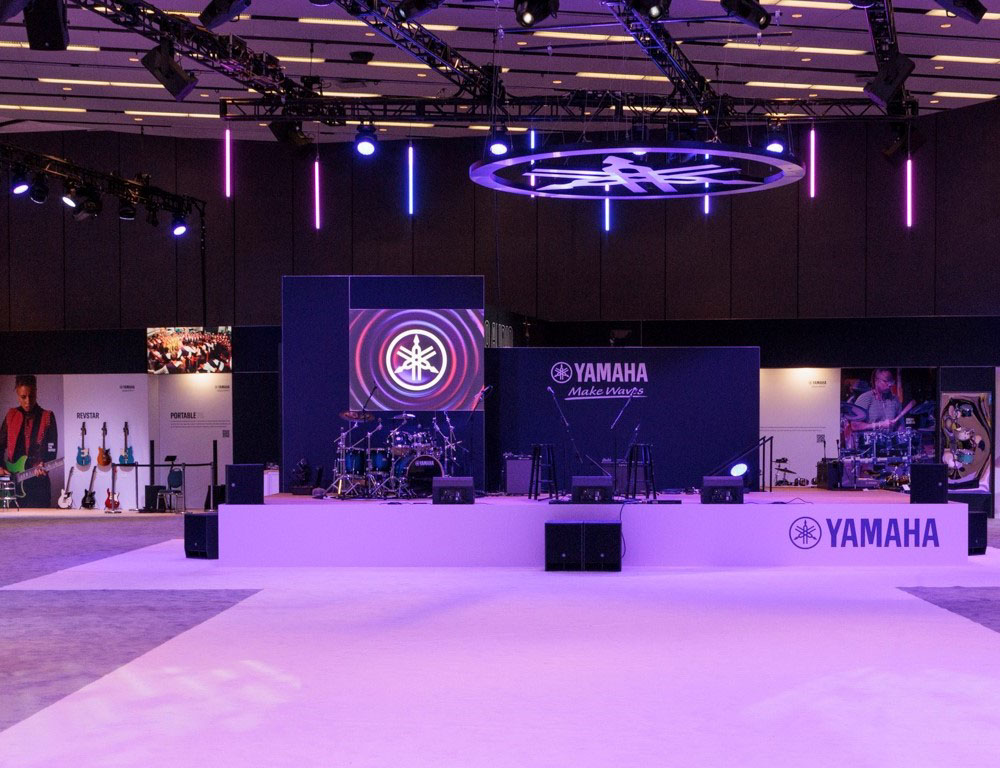Yes, There Is Such a Thing As Silent Practice
How to keep things quiet when there’s a budding musician in the house.
You love music. You love your kids, too. But do budding musicians really have to practice so much?
Whether you are that budding musician, or are the parent of one, we’ve got a newsflash: The people within earshot could use a break once in a while. Hearing that same étude five times in a row is fine, but hearing it 20 times is starting to get irritating, and around the 30th replay everyone within listening distance may start to feel a definite headache coming on.
Okay, the logical side of you knows that musicians really do have to practice that much. But couldn’t they maybe just take it down a notch in volume?
As a matter of fact, they can. Thanks to modern technology, the volume of most major instrument types — keyboards, guitars, strings, brass, woodwinds, even drums — can be drastically reduced without diminishing players’ ability to hear themselves. And leading the way is the extensive line of Yamaha SILENT™ products. Here’s an overview of these potential sanity-savers.
Piano and Keyboards
Of course, electronic keyboards of all stripes (and from all manufacturers, including Yamaha) come with headphone jacks, making silent practice an intrinsic and important feature. But what about acoustic pianos?

At first glance, a Yamaha SILENT Piano™ looks just like a normal acoustic piano with weighted keys, pedals, strings, and hammers. But these instruments lead a double life. They can be played just like any other piano, or they can be switched into Silent mode, in which case the hammers stop hitting the strings, and the sound can be heard only via headphones. The way this works is nothing short of magic: A series of optical sensors beneath the keyboard and pedals measures the nuances of the playing and then uses them to trigger the digital sound of a piano, which can be turned up or down as desired — without disturbing anyone in proximity. SILENT Pianos are available in a variety of upright and baby grand models; some even include sounds sampled from the famed line of Yamaha CFX and CFIIIs full-size concert grands.
Drums
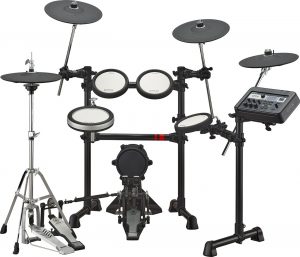
Like digital keyboards, electronic drums always offer a headphone jack for private practice. These instruments are built around pads (similar to practice pads) that produce little noise but can still be remarkably sensitive. In fact, some Yamaha electronic drum kits offer pads that are divided into three separate zones, allowing for a greater variety of expression than even acoustic drums. They also include built-in practice tools such as a programmable metronome, onboard recording and training songs that allow the player to master various genres. With an electronic drum kit, the drummer in your house can thwack away to their heart’s content, producing a staggering range of sounds that only they will hear in their headphones.
Acoustic Guitar
How do you lower the volume of an acoustic guitar? By taking away its most resonant component: its body. This explains the strikingly minimal outline of the Yamaha SILENT Guitar™. Instead of having an actual front, back and sides, these instruments resonate virtually through a special pickup that uses digital modeling to replicate the sound of a typical acoustic guitar as captured by a high-quality studio microphone. The result is an instrument that produces next to no sound on its own, yet still has a realistic tone, the loudness of which is completely controllable. A number of different SILENT Guitars are available, including one based on a folk-style guitar and others styled after classical guitars. All are collapsible, making them easy to travel with.
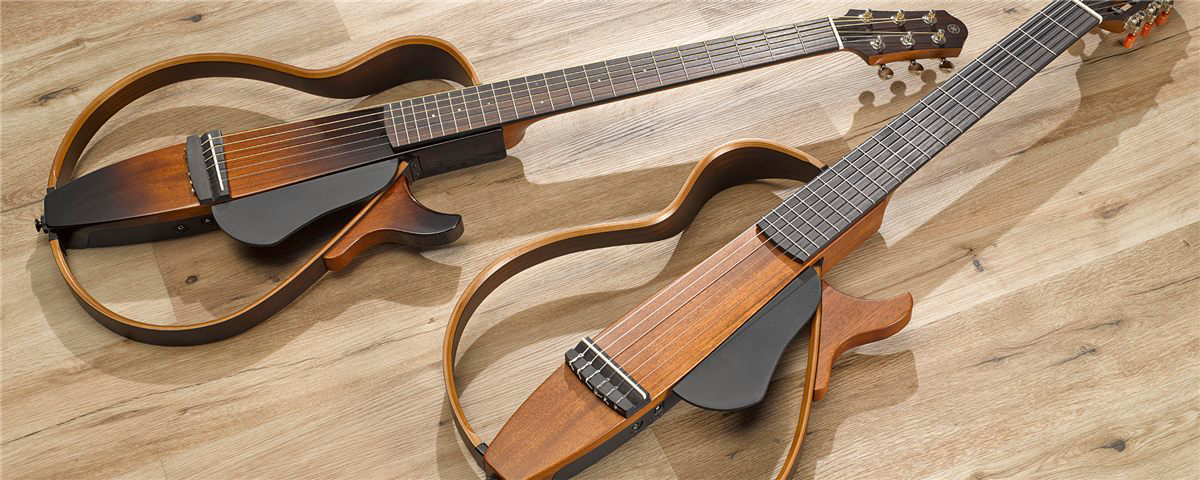
Guitar Amplifiers
Think that a guitar plugged into an amplifier means an inescapable blast of sound? Think again. Many of today’s practice amps, such as the Yamaha THR-II desktop series, have headphone jacks, allowing silent practice … without disturbing anyone else nearby. These amps also have the benefit of built-in digital effects such as distortion, reverb, etc. — meaning that you won’t have to spend extra on pedals or other signal processing hardware.
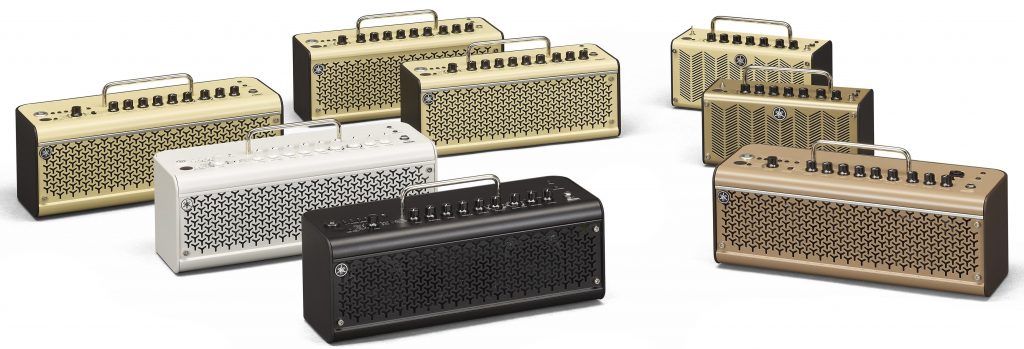
Strings
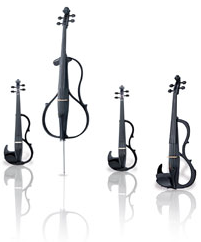
The first SILENT Violin™ was designed over 20 years ago to offer players the ability to practice in an environment where they wouldn’t disturb family or neighbors around them. Today’s lineup of Yamaha SILENT Strings™ suits a variety of player needs, including silent practice, studio recording and stage performance. There are a range of models available, from practice only and intermediate models all the way to professional performance instruments. With the ability to connect to either headphones or an amplifier and endless creative opportunities with external accessories such as pedalboards, SILENT string instruments offer something for everyone.
Brass
Brass instruments can be very loud when you get up and close and personal, but there’s already a long-established way of making these instruments quieter: It’s called using a mute. The problem is that mutes dramatically alter tone as well as volume. Yamaha has addressed that issue with its revolutionary SILENT Brass™ system, which consists of a mute fitted with a pickup that connects to a small electronic “personal studio” unit. That little box contains exclusive circuitry that simulates a standard acoustic tone, making the instrument sound as though there’s no mute being used. There are versions for trumpet, flugelhorn, trombone and French horn, as well as for tuba and euphonium, and the SILENT Brass mutes for the latter two actually have extra adaptability in that the position of the mute head can be adjusted to match different bell sizes and personal preferences — which also means that the same mute can be used on B♭, C, E♭ and F tubas. The tuba and euphonium models can also be disassembled into parts that are stackable, making storage easier.
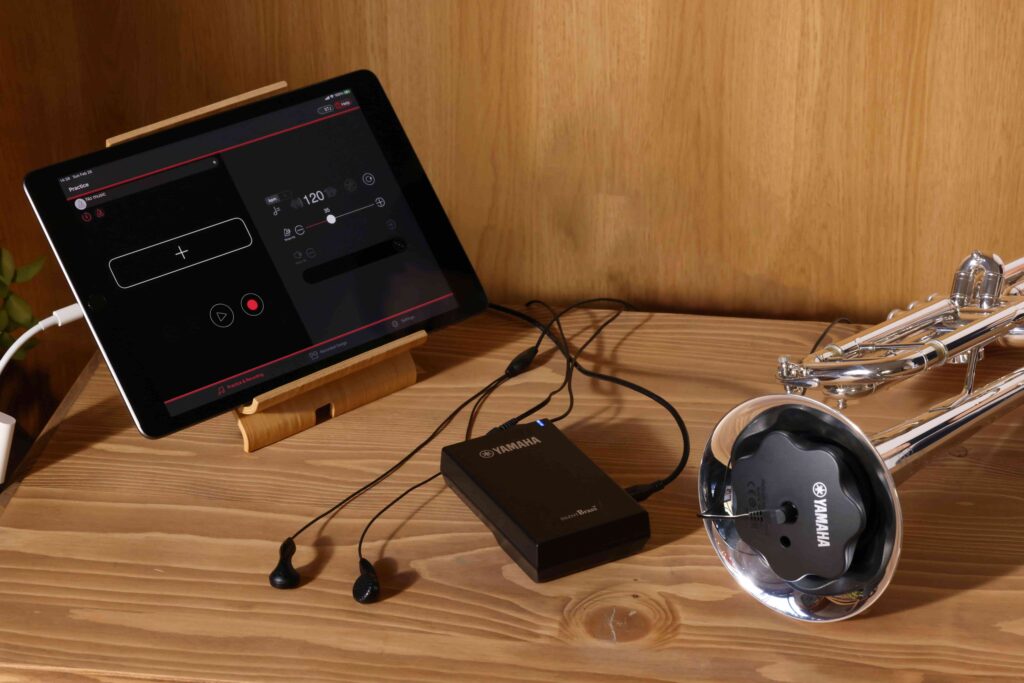
Woodwinds
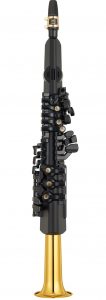
The Yamaha YDS-150 Digital Saxophone plays and feels like an acoustic saxophone, but its wealth of digital technologies offer a number of enhancements, including 73 onboard sounds and a headphone jack that enables saxophonists to practice in privacy. The mouthpiece has a design just like that of an acoustic sax and the standard key layout ensures natural playability and smooth operation, plus there’s a breath sensor that detects the intensity of the player’s breath for precise control of both volume and tone. Bluetooth connectivity and a wired aux input even allow the player to jam along with music being played on an external source such as a smartphone or laptop, all in complete silence and without disturbing others in the vicinity.
When you think about it, every one of these instruments and devices is remarkable in that they achieve something that wasn’t possible until relatively recently: They give both musicians and listeners an unprecedented degree of control over what they hear. All of which means that you or your child can practice to their heart’s content at a drastically reduced volume with no corresponding loss of tone, while your long-suffering neighbors (or long-suffering you) enjoy only peace and quiet.










